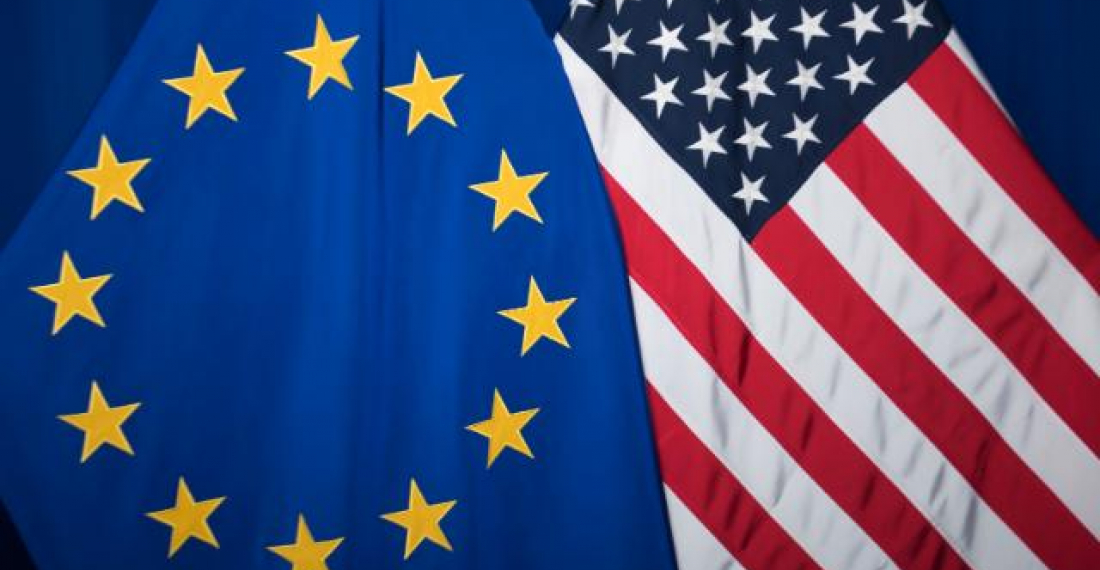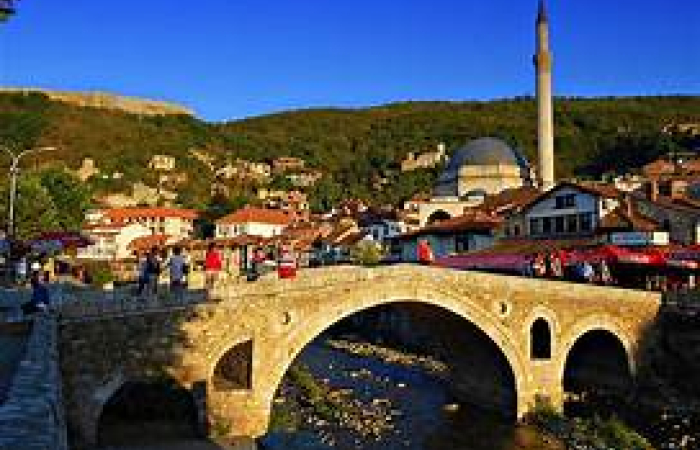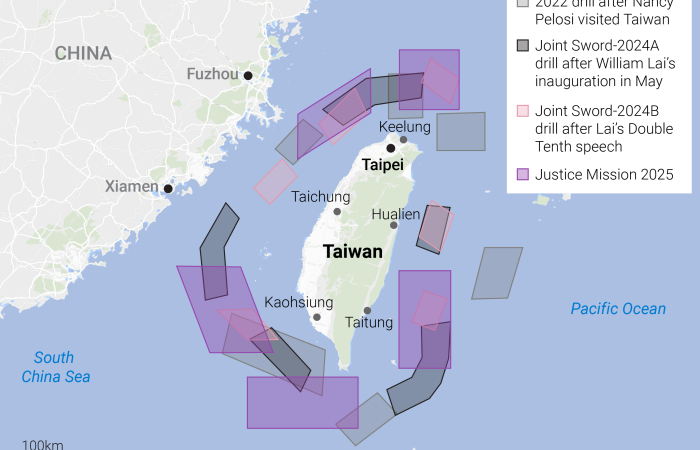The President of the European Commission, Ursula von der Leyen, and the American President, Joe Biden, pledged on Friday (28 January) to strengthen cooperation to ensure the energy security of the EU and Ukraine.
The European Union and the United States will cooperate to ensure energy security in the EU and Ukraine. The cooperation is in the areas of energy policy, decarbonisation and security of supply within the framework of the US-EU Energy Council.
The EU and US commitments aim to meet the goals of the Paris Agreement "through clean energy, in particular renewables, energy efficiency and technologies", to provide "a path to energy security and reduced dependence on fossil fuels", a joint statement published on Friday (28 January) on the European Commission's website reads.
The two economic blocks are cooperating to prevent problems with natural gas supplies, even in case of "a new Russian invasion" of Ukraine, the joint statement reads.
Brussels and Washington are committed to a "continued, sufficient, and timely supply of natural gas to the EU from diverse sources across the globe to avoid supply shocks", the statement said. The Americans are already negotiating gas supplies with companies and countries worldwide. This includes liquefied natural gas (LNG) delivered by ship. The US, currently the largest supplier of LNG to the EU, is increasing deliveries.
LNG in the short term can enhance the security of supply while we continue to enable the transition to net-zero emissions, the statement said. The European Commission will improve transparency and utilisation of LNG terminals in the EU.
The next meeting of the U.S.-EU Energy Council is on 7 February in Washington D.C.






